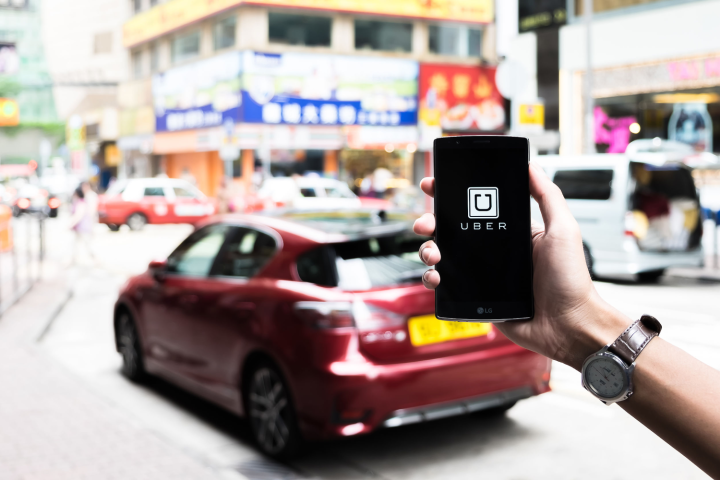
Milburn was in the backseat of a Honda Odyssey when her Uber driver, Arian Yusufzai, allegedly ran a red light and crashed into a Ford F-150. According to Dallas police and a police report, the pickup driver, not the Uber driver, was charged with causing an accident that resulted in serious bodily injury. Unfortunately, that injury was Milburn’s paralysis, which left her a quadriplegic.
As a result of the accident, Milburn and her parents filed a lawsuit against Uber, Honda, Yusufzai, and Dawood Kohistanti, the van’s owner. The lawsuit alleges that Honda and Uber “failed to provide [Milburn] with the safety she reasonably expected, and as a result, she was catastrophically injured and faces a lifetime of physical impairment and challenges.”
Yusufzai and Kohistanti were also sued because the lawsuit alleges they did not provide adequate safety and that the latter allowed the former to operate the van without insurance. This last point might not hold up in court, however, since Uber drivers receive commercial insurance when they drive someone around.
The lawsuit is the latest incident that involves an Uber driver to bring up the ridesharing service’s background checks. To that point, Uber excludes drivers that have had convictions in the last seven years over crimes that directly affect passenger safety, such as violent crimes, sex offenses, and reckless driving. Since Yusufzai and Kohistanti were arrested on misdemeanor charges in 2014 over gambling and drug possession, those charges might not have been considered when they were screened, a point that the lawsuit alleges should have been scrutinized.
Digital Trends reached out to Uber for comment, though Honda could not be reached at the time of this writing.


